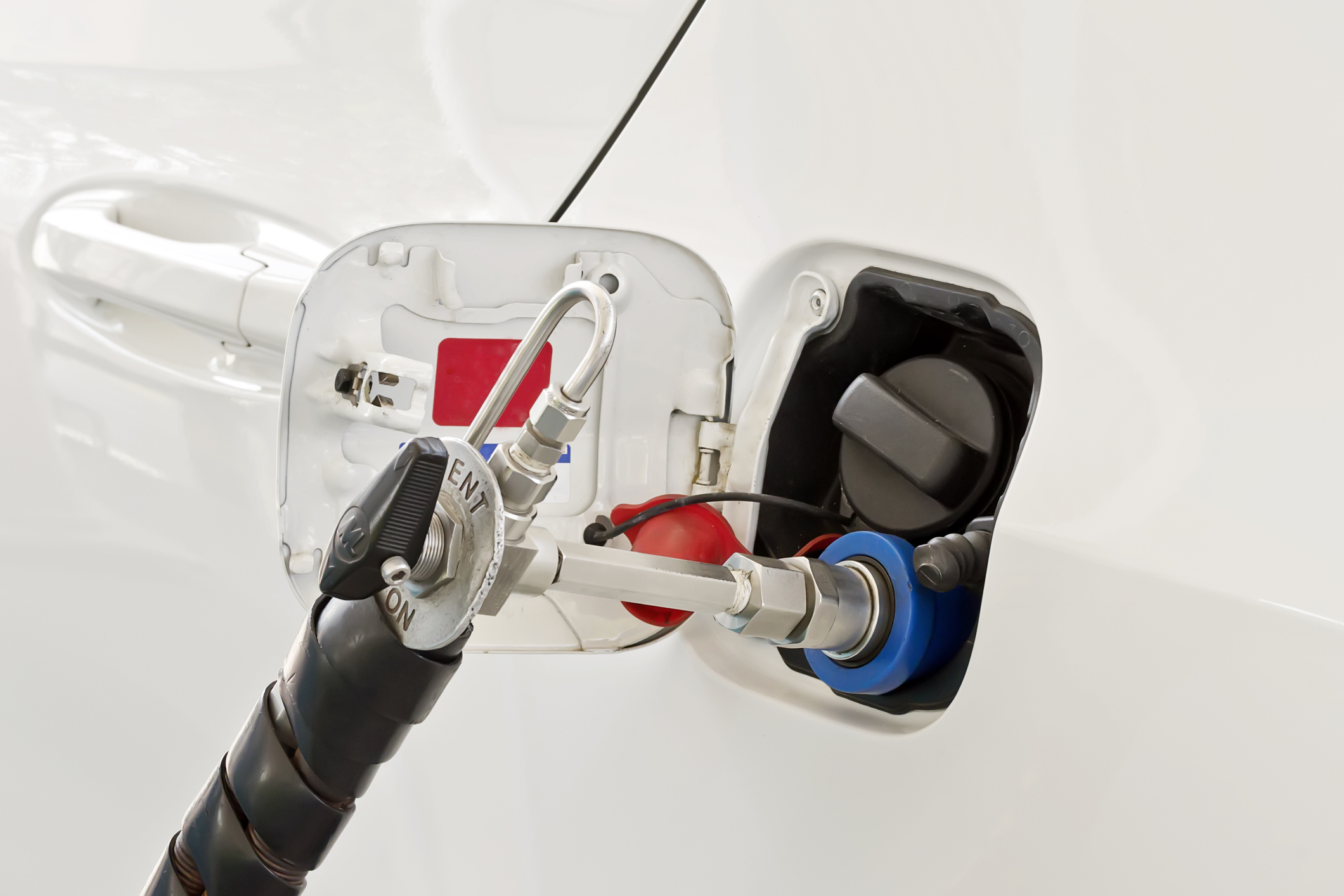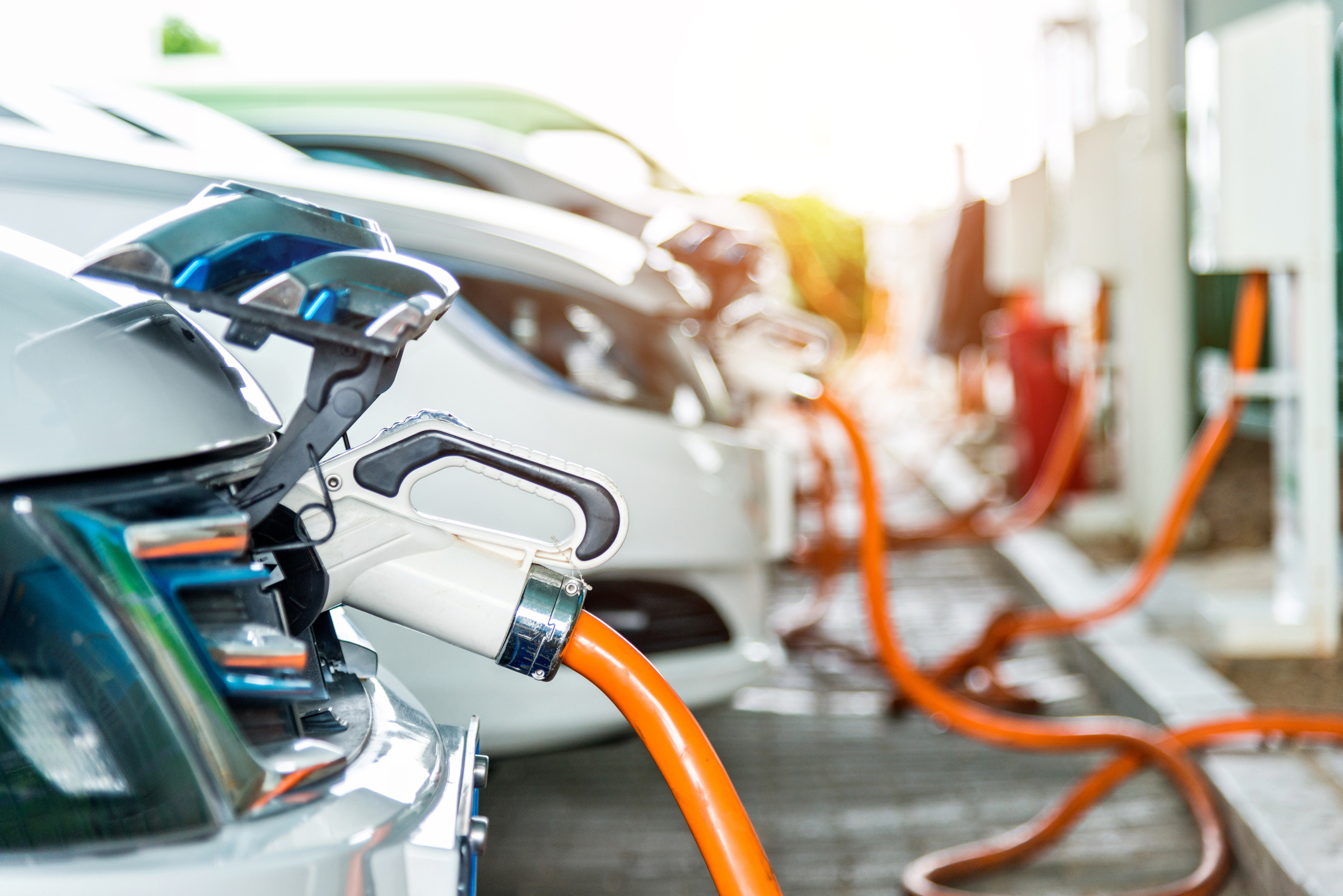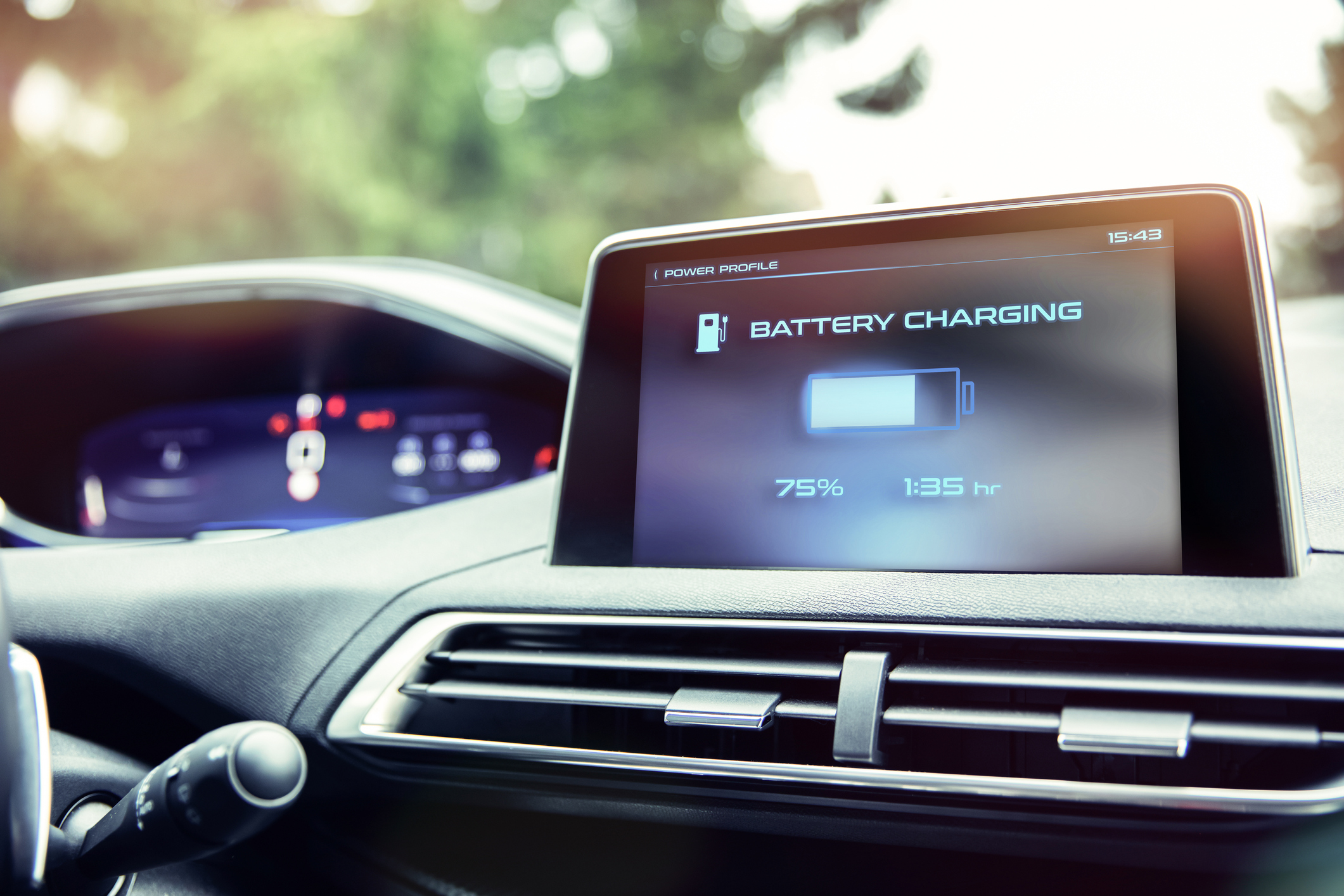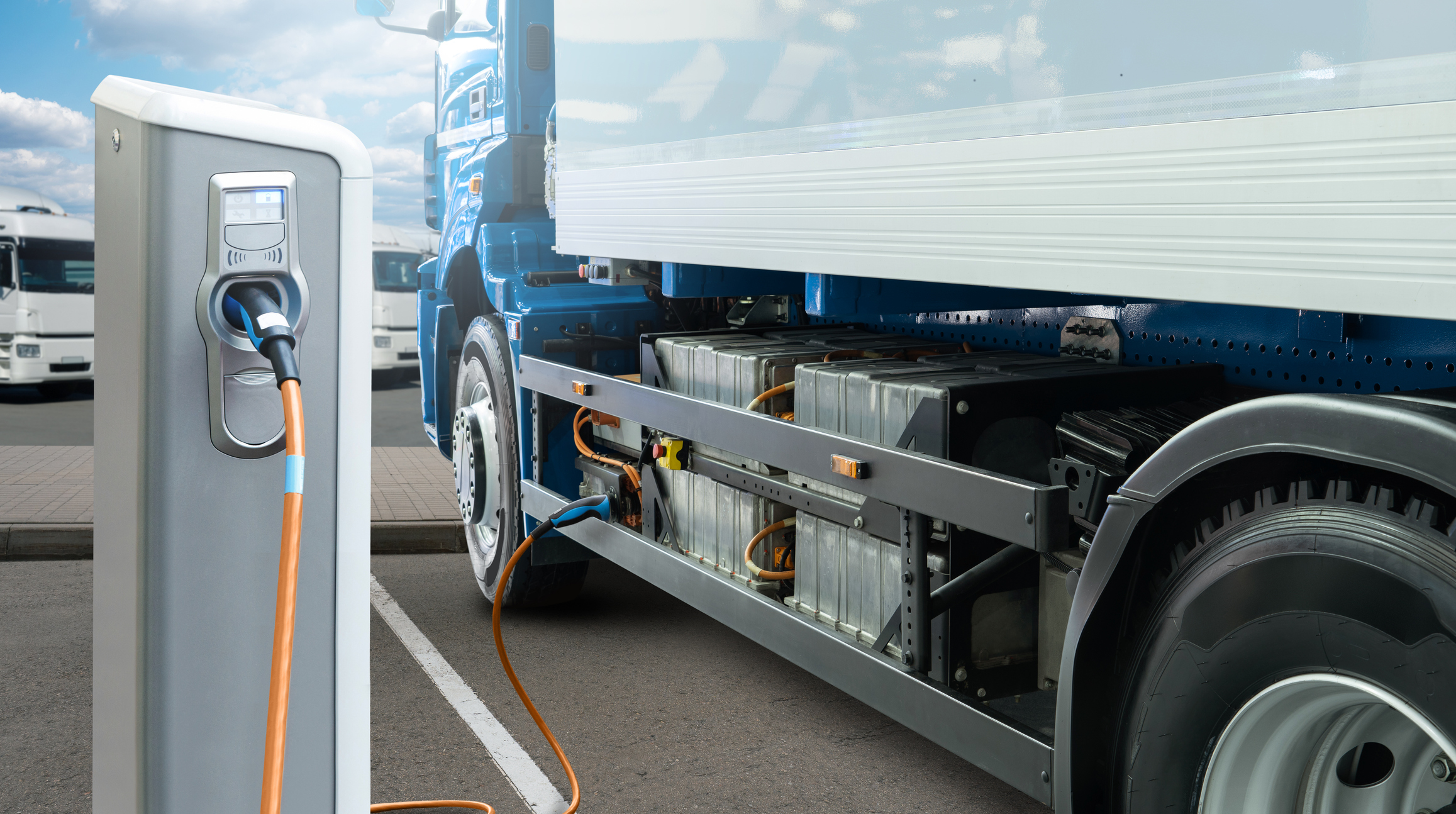Capabilities
Fleet Sustainability
Fleet Sustainability
Our fleet sustainability platform will allow you to optimize fuel consumption, scale for electric vehicle initiatives and track GHG emissions.
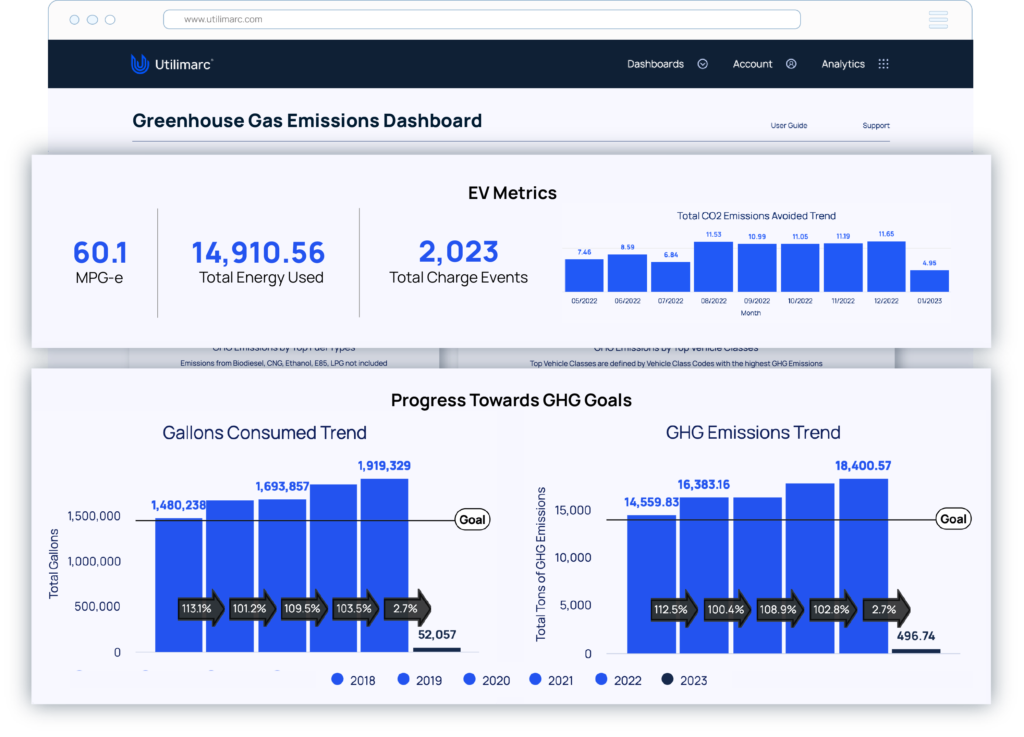
0
.2
MPg-e
0
.7 tons
YTD GHG EMissions
0
.0 GAL
Fossil Fuels Consumed

Sustainability
Electric Vehicle Initiatives

Based on region and use-purpose, we can help you to identify which types of electric vehicles are right for your fleet and track their performance.
Turn Your EV Data Into Sustainability Strategies:
Translate Your EV metrics
- Total Charge Events
- Peak Charging Avoidance
- MPGe
- Total Energy Usage Energy use trends
Emissions Reporting
- CO2 Emissions Avoided.
- GHG Emissions Avoided.
- GHG Per Fuel Type GHG Per Vehicle.
- Sharable reports for internal stakeholders.
TRACK PROGRESS TO GOALS
- CO2 Metric Tons Reduced.
- CO2 Reduction Percentage.
- Gallons of Fossil Fuel Reduced.
- Percentage of Fossil Fuel Reduced.
Sustainability
GHG Reporting
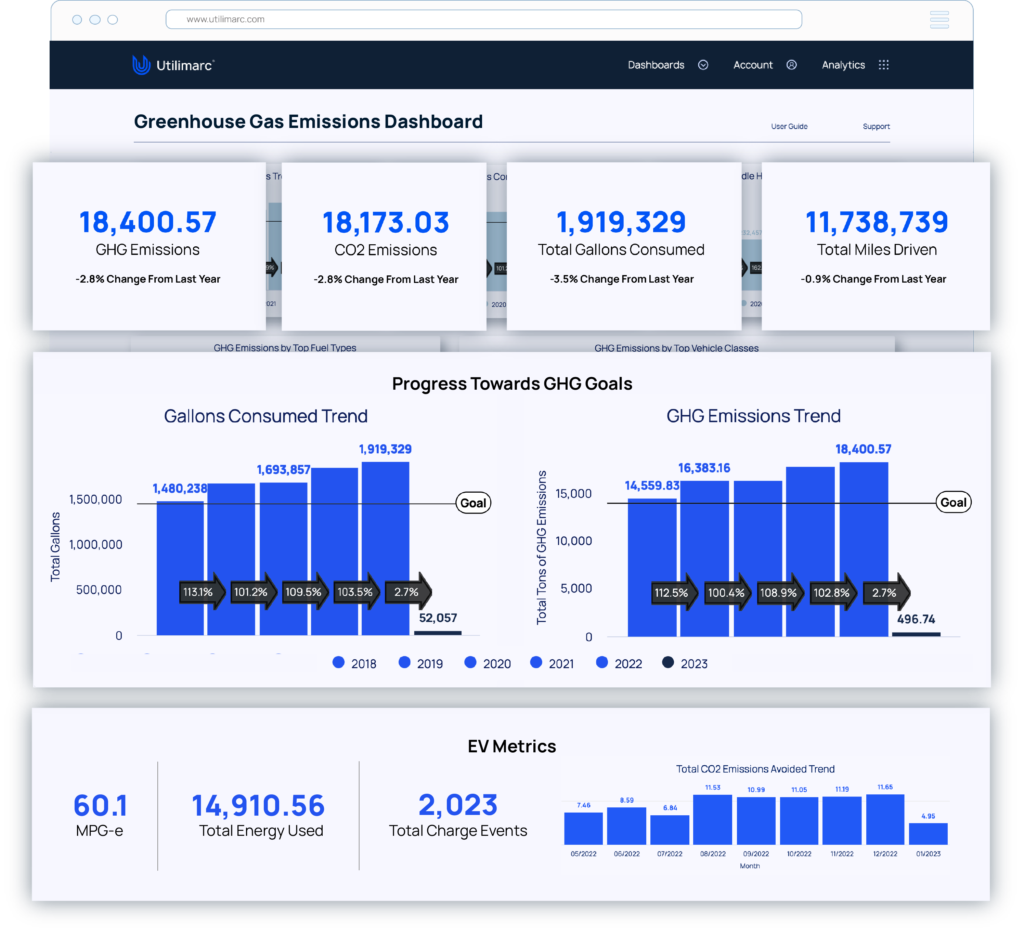
Our GHG reports are designed to turn your fleet’s data sources into a tool that helps you reduce emissions, launch or sustain green initiatives and help to streamline your internal communication.
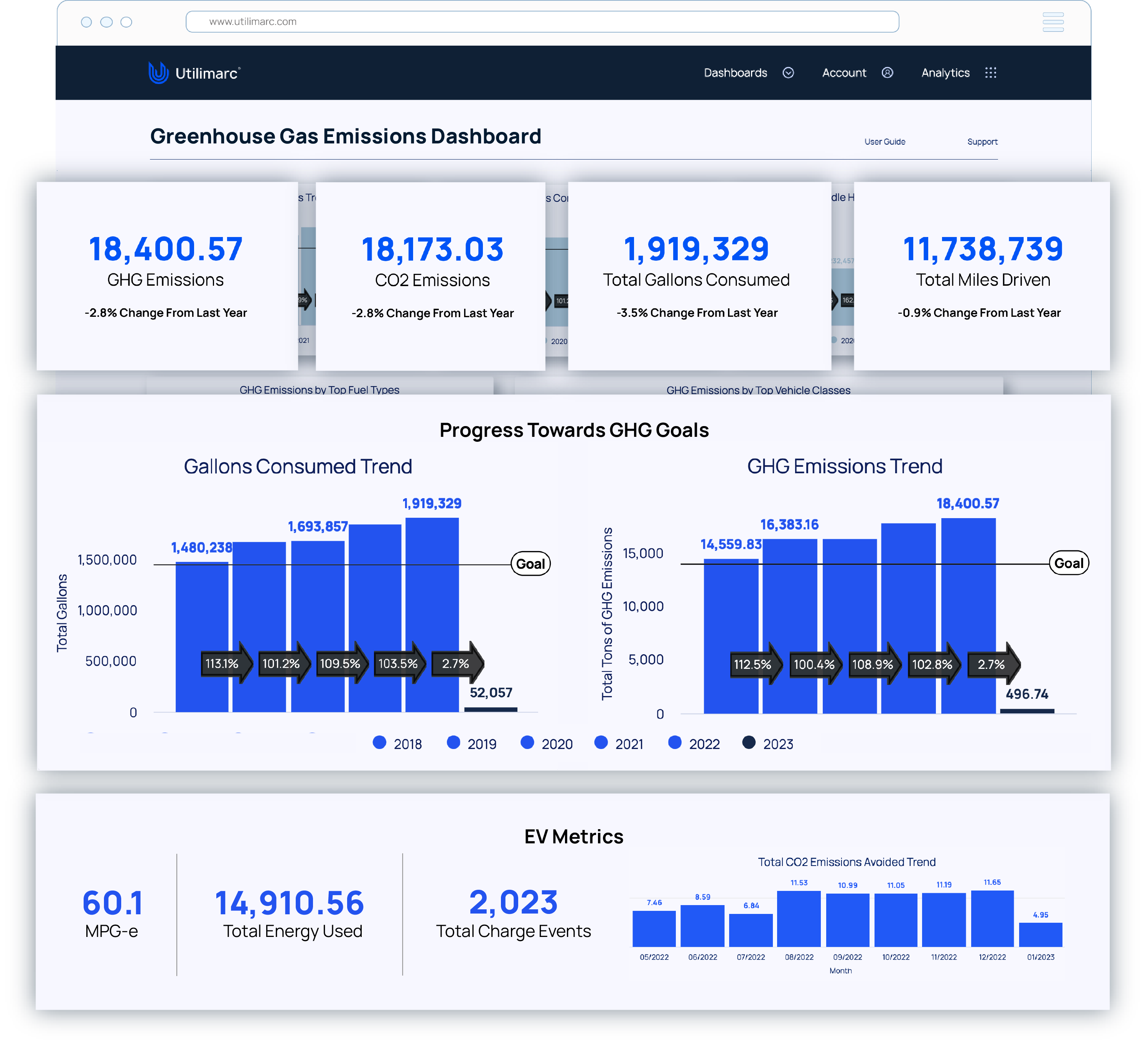
What Our GHG Platform Does With Your Data:
Identify the leading causes of GHG Emissions
- Track which vehicles and fuel types create the most emissions over time.
- Annual mileage trends by fuel and vehicle type.
- Emissions trend by idling VS driving.
- Annual fuel consumption trends by fuel and vehicle type.
- Engine time Idle trends by vehicle type.
Report on emissions and progress towards your goals
- Total metric tons of CO2.
- Average annual tons of GHG output per vehicle and class.
- Percentage of annual GHG reduction.
- Total annual GHG trends.
- Percentage of annual fuel consumption reduced.
- Total fuel consumption annual trend.
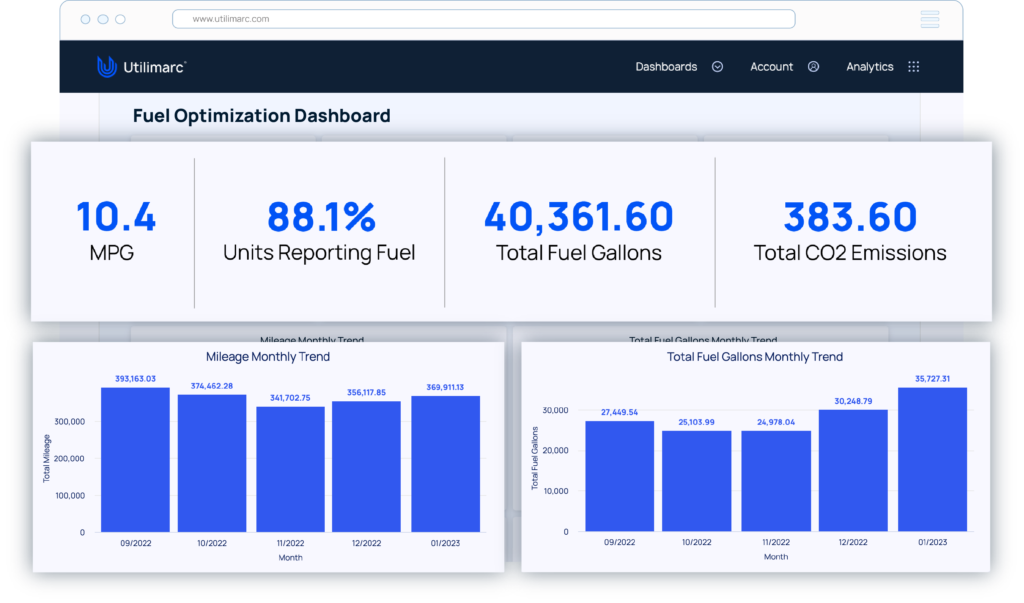
Sustainability
Fuel Optimization

Connecting your fuel data to our platform will show you how to optimize fuel consumption and purchasing patterns in order to reduce your overall operating costs.
Optimizing Your Fleet’s Fuel Usage will Help You:
Reduce Waste
- Lower idle time and expenses.
- Decrease fuel consumption.
- Reduce operational costs.
- Lessen emissions.
Increase Efficiency
- Receive more miles and usage hours for your fuel spending.
- Maximize profitability.
